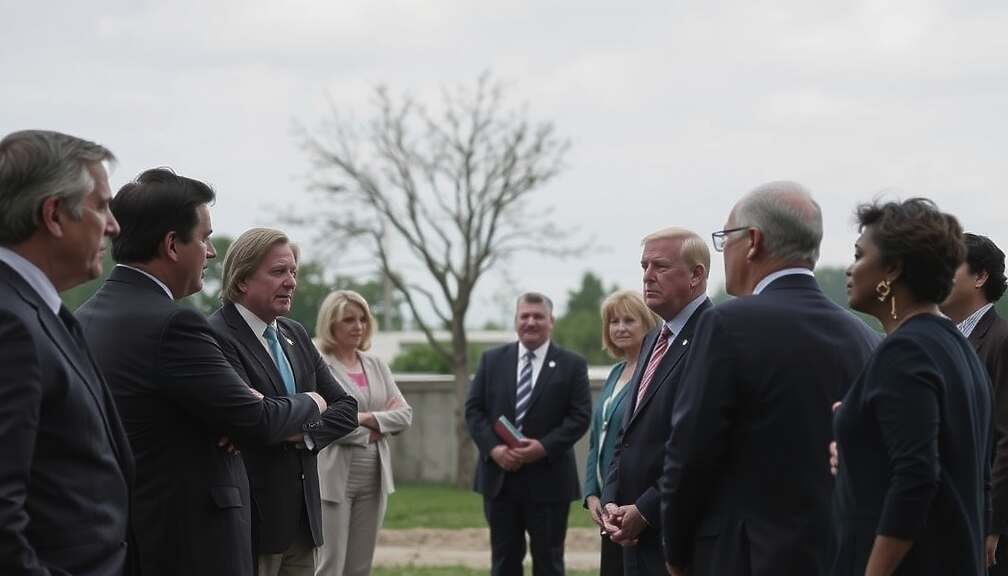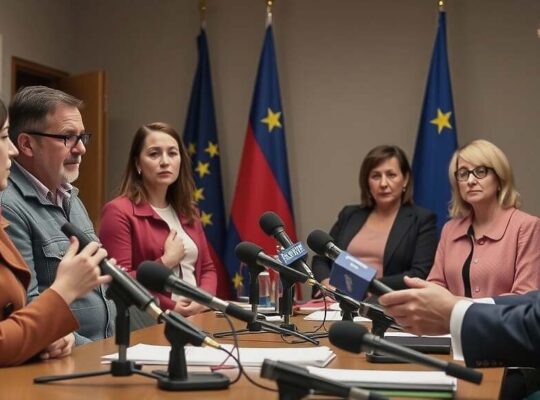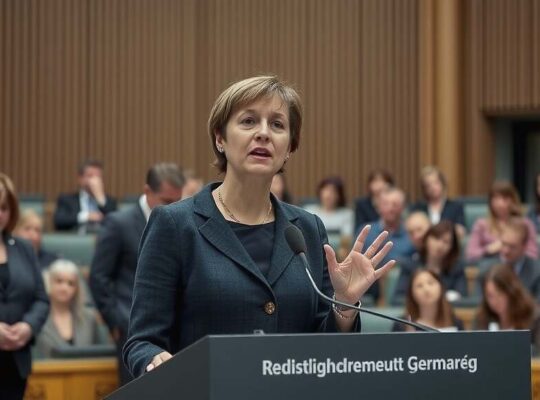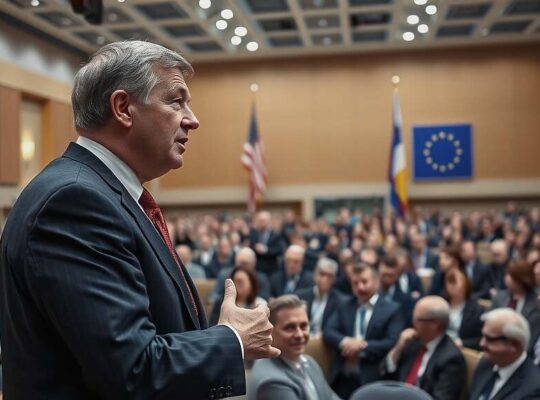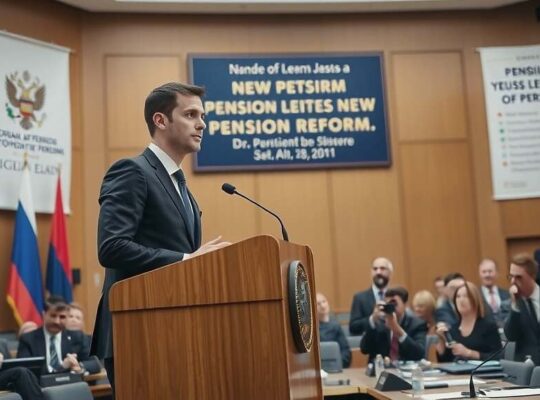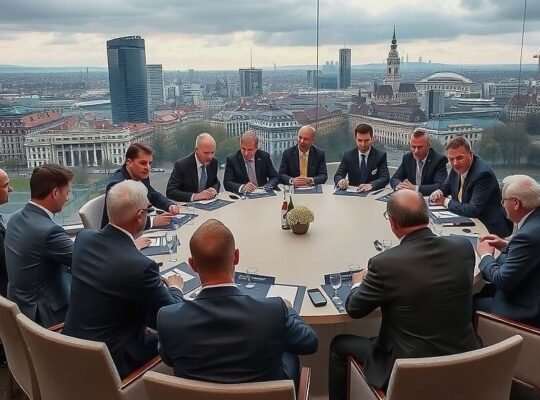German Chancellor Friedrich Merz of the CDU has signaled a forceful push for enhanced European industrial competitiveness at the EU leaders’ summit in Brussels Thursday, raising concerns over potential job losses and criticizing recent legislative decisions. Arriving at the summit, Merz emphasized the urgency of addressing the declining competitiveness of European industry, stating that significantly accelerated action is required to reduce bureaucratic burdens and bolster the sector’s ability to thrive globally.
Merz revealed that over 20 member states have endorsed a letter he co-authored, urging the European Commission and the Council President to prioritize this crucial matter. His intervention highlights a growing unease across the bloc, particularly within Germany, regarding the ability of European firms to compete with rivals from the US and Asia.
The Chancellor’s remarks were particularly pointed regarding the recent rejection of “Omnibus I” a legislative package aimed at streamlining EU lawmaking. He labeled this decision a “fatal mistake” demanding immediate correction, suggesting it exemplifies the inflexible and overly complex regulatory environment hindering European business.
Merz expressed grave anxieties regarding the potential impact on jobs in the industrial sector across Europe, emphasizing the disproportionate effect on Germany. He warned that inaction could lead to significant economic and social consequences.
The summit’s agenda also includes critical discussions on continued support for Ukraine, with Ukrainian President Volodymyr Zelenskyy attending personally and bolstering European defense capabilities. The ongoing situation in the Middle East is also slated for review, with a specific focus on supporting a lasting peace based on the two-state solution and contributing to the reconstruction of Gaza. These broad discussions are, however, increasingly framed within the context of the Chancellor’s call for a renewed focus on ensuring the long-term economic viability of the European Union itself. The extent to which his concerns translate into concrete policy shifts remains to be seen, but his direct and urgent tone underscores a deeper fracture within the bloc regarding its future economic direction.


